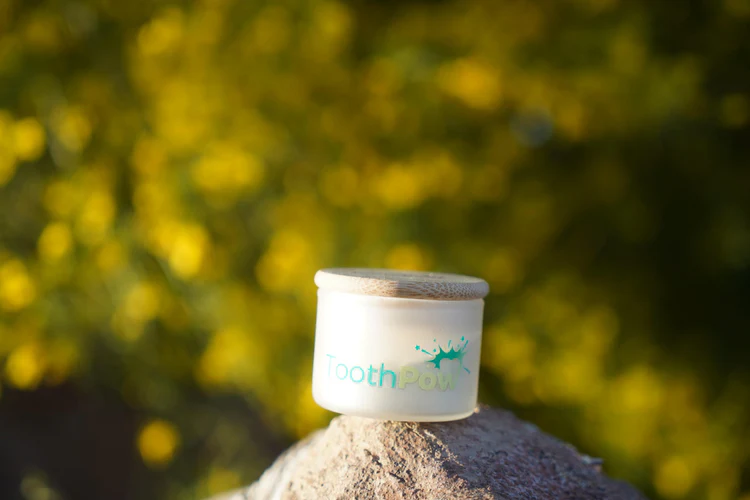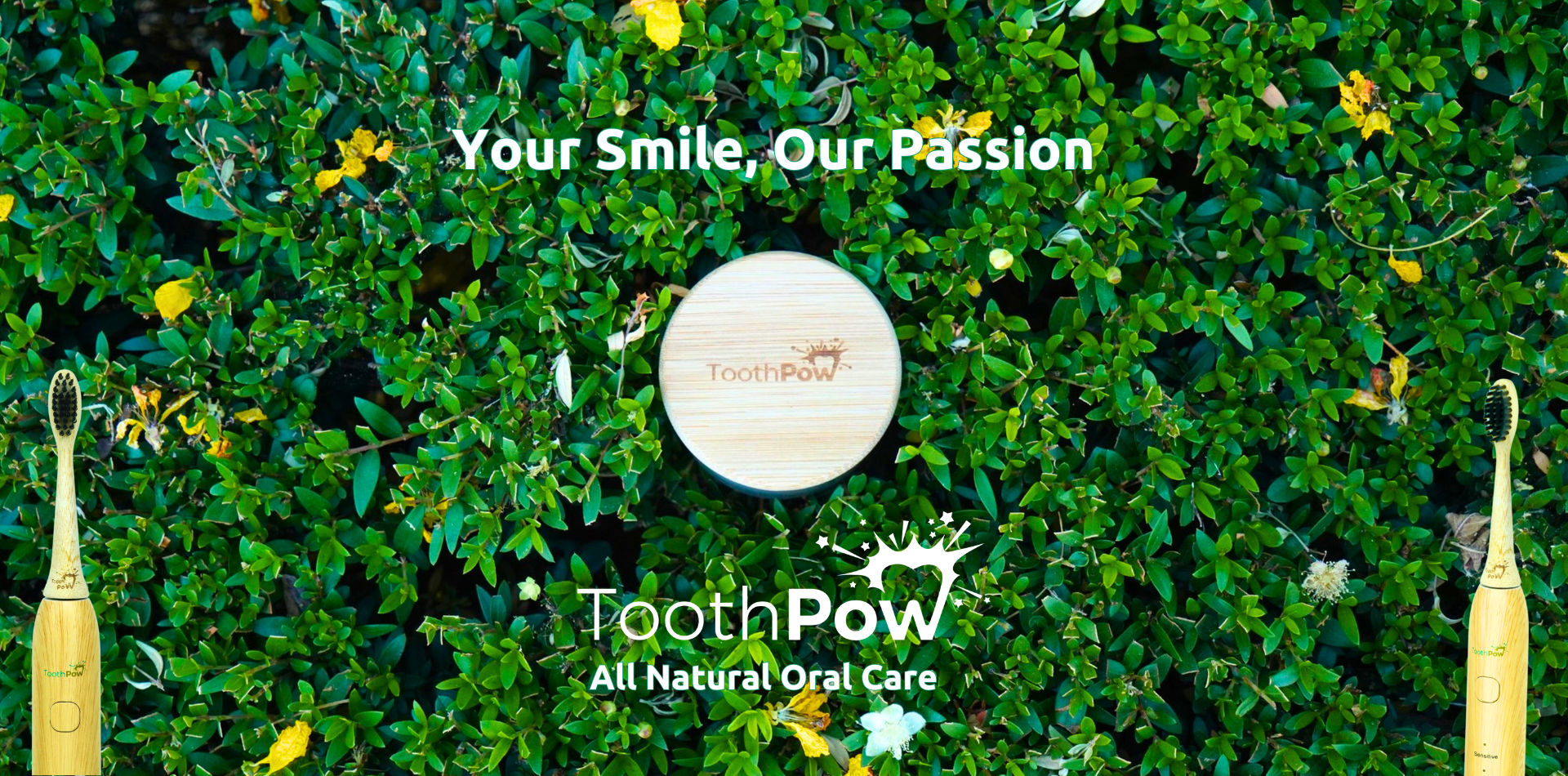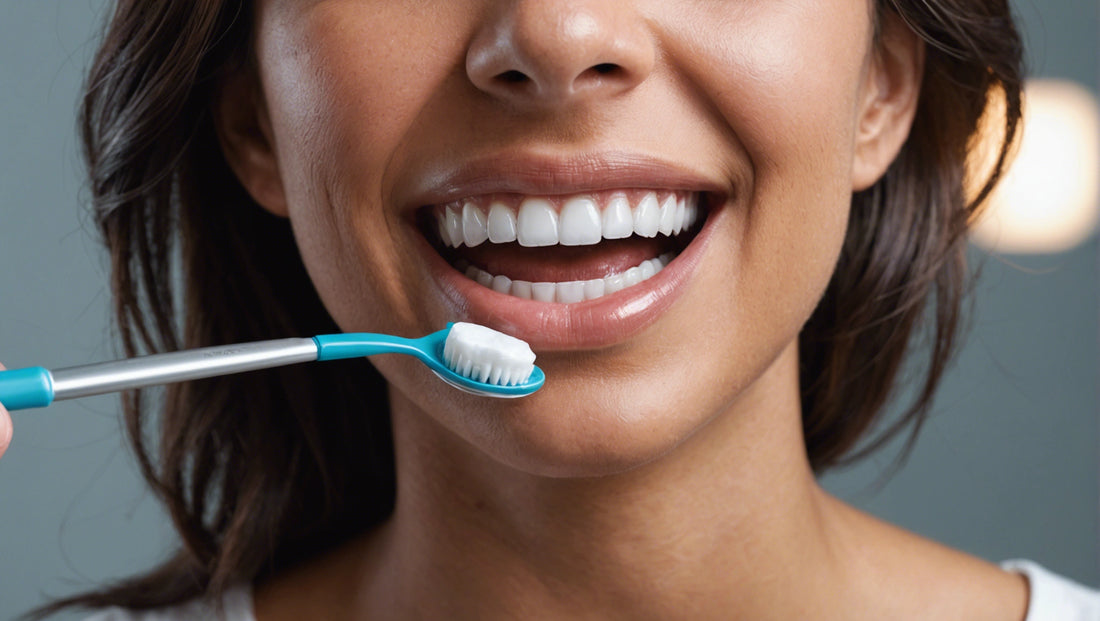Introduction
Oil pulling has gained significant popularity as a natural oral hygiene practice. Rooted in Ayurvedic tradition, it involves swishing oil in your mouth to promote oral health. But how long should you oil pull to reap its benefits? While traditional practices recommend 15-20 minutes, scientific evidence is limited. In this article, we’ll explore everything you need to know about the ideal duration for oil pulling.
What is Oil Pulling?
Oil pulling is an ancient Ayurvedic practice for improving oral hygiene and offering spiritual benefits. It involves swishing oil in your mouth for about 20 minutes to remove bacteria and dislodge buildup between your teeth. Originally conducted with sesame and sunflower oil, virgin coconut oil is more common now due to its high lauric acid content and pleasant taste. Any edible oil, including sunflower or olive oil, can be used for oil pulling, but coconut oil has been popularized for its additional health benefits.
How Does Oil Pulling Work?
Oil pulling works by dislodging harmful bacteria from between your teeth before it has a chance to organize into plaque. The oil helps emulsify the bacteria and debris in your mouth, allowing it to be spit out after approximately 20 minutes. Clinical and diagnostic research suggests that this practice supports a healthy oral microbiome (source). However, it takes about 20 minutes for oil pulling to have a significant impact on your oral hygiene, making it one of the more labor-intensive oral health practices.
Benefits of Oil Pulling
Proponents of oil pulling suggest it has various benefits:
Reducing Oral Bacteria: Oil pulling may reduce the number of bacterial colonies living in your mouth (study link).
Fresher Breath: By reducing bacteria, oil pulling can help combat bad breath.
Less Plaque Buildup: Effective in reducing plaque, with studies showing positive results (study link).
Whitening Teeth: Anecdotal evidence suggests teeth whitening benefits.
Preventing Gum Disease: Preliminary evidence shows a reduction in gingivitis and inflammation.
While these benefits are promising, it’s important to note that there is no academic consensus due to a lack of extensive clinical research.
Recommended Duration for Oil Pulling
According to Ayurvedic tradition, you should oil pull for about 15-20 minutes in the morning on an empty stomach. However, personal comfort and experience should guide the duration. If 20 minutes feels too long, start with shorter durations and gradually increase as you get accustomed.

How to Oil Pull for Great Dental Health
To oil pull effectively, follow these steps:
Choose Your Oil: Select a high-quality, edible oil such as coconut oil, sesame oil, or sunflower oil.
Measure the Oil: Take about 1-2 tablespoons of oil and put it in your mouth.
Swish the Oil: Swish the oil around in your mouth for about 15-20 minutes. Pull the oil through your teeth and around your gums. Avoid gargling or swallowing the oil.
Spit Out the Oil: After 15-20 minutes, spit the oil into a trash can or tissue to avoid clogging your drain.
Rinse Your Mouth: Rinse your mouth thoroughly with warm water or salt water to remove any remaining oil residue.
Brush Your Teeth: Follow up with your regular oral hygiene routine, including brushing and flossing. For the best results, use fluoride-free toothpaste and expandable floss.
Repeat this process daily or several times a week for optimal results. Most people practice oil pulling in the morning before eating instead of at night.
Side Effects of Oil Pulling
Oil pulling is generally considered safe, but it may lead to some side effects in certain individuals:
Nausea: Swallowing oil can lead to feelings of nausea.
Upset Stomach: Ingesting oil may cause abdominal discomfort.
Jaw Fatigue or Soreness: Prolonged swishing can lead to jaw fatigue.
Lipoid Pneumonia: Rare but possible if oil is inhaled into the lungs (study link).
Allergic Reactions: Individuals with allergies to certain oils may experience reactions.
Do Dentists Approve of Oil Pulling?
Dentists generally approve of oil pulling as part of a holistic oral care routine that includes brushing, flossing, and using a tongue scraper. Many dentists acknowledge the potential benefits of oil pulling, such as reducing harmful bacteria and promoting oral hygiene. However, more rigorous scientific studies are needed to confirm its effectiveness.
Should I Use Mouthwash Instead of Oil Pulling?
Comparing mouthwash and oil pulling, each has its benefits. Mouthwash is convenient and effective for freshening breath and killing bacteria. Oil pulling, on the other hand, is a natural alternative that may support a balanced oral microbiome. Ultimately, the choice depends on personal preference and oral health needs.
Conclusion
Oil pulling can be a valuable addition to your oral hygiene routine, offering potential benefits like reducing bacteria and improving gum health. However, it should complement, not replace, traditional oral care methods such as brushing and flossing. By incorporating natural oral care solutions, you can support a healthier mouth and overall well-being.

Frequently Asked Questions
Do you brush your teeth before or after oil pulling? You should brush your teeth after oil pulling to ensure that any remaining oil residue is removed and to maintain overall oral hygiene. Brushing after oil pulling helps eliminate bacteria and plaque effectively. Remember to rinse your mouth thoroughly with water before brushing to remove any lingering oil. This sequence helps maximize the benefits of both oil pulling and brushing.
Can you overdo oil pulling? Yes, it's possible to overdo oil pulling. While it's generally safe when practiced in moderation, excessively long sessions or frequent oil pulling throughout the day may lead to unintended side effects such as throat irritation or upset stomach. It's recommended to start with shorter sessions (around 10-15 minutes) and gradually increase the duration if desired, but it's important to listen to your body and stop if you experience any discomfort. Like any oral hygiene practice, moderation is key to avoiding potential adverse effects.
How do I know if my oil pulling is working? You can gauge if oil pulling is working for you by monitoring any subjective improvements in your oral health, such as fresher breath, reduced plaque buildup, or healthier gums. However, it's important to note that while oil pulling may be effective for some individuals, there is a lack of comprehensive scientific studies regarding its efficacy. Therefore, for safe and effective oral care, it's advisable to incorporate other proven methods such as using toothpaste tablets, expandable floss, tongue scraper and alkaline mouthwash to better take care of your overall oral health.
Can you just rinse after oil pulling? After oil pulling, it's important to spit out the oil rather than just rinsing. This ensures removal of toxins, bacteria, and debris from the mouth. Rinsing with water afterwards helps to further cleanse the mouth and prevent reabsorption of any expelled substances. It also promotes a feeling of freshness. Overall, spitting out the oil followed by rinsing with water is the best practice for effective oral hygiene.
Are there negatives to oil pulling? While oil pulling may offer potential benefits like reducing plaque and improving gum health, there are drawbacks to consider. These include the lack of scientific evidence supporting its efficacy, the necessity of maintaining traditional oral care practices like brushing and flossing, the time commitment involved in oil pulling, potential discomfort, and the risk of accidental inhalation, particularly for young children or those with difficulty controlling mouth movements. Thus, it's crucial to view oil pulling as a supplementary practice alongside established oral hygiene routines and to consult with a dentist for personalized advice.
What should you not do after oil pulling? After oil pulling, it's important to avoid consuming food or drinks immediately to allow your mouth to cleanse fully. Wait at least 30 minutes before brushing your teeth to prevent potential enamel damage. Do not swallow the oil during the process, as it may contain bacteria and toxins. While rinsing with water is beneficial, avoid using mouthwash immediately afterward to maintain the effectiveness of the oil pulling.

